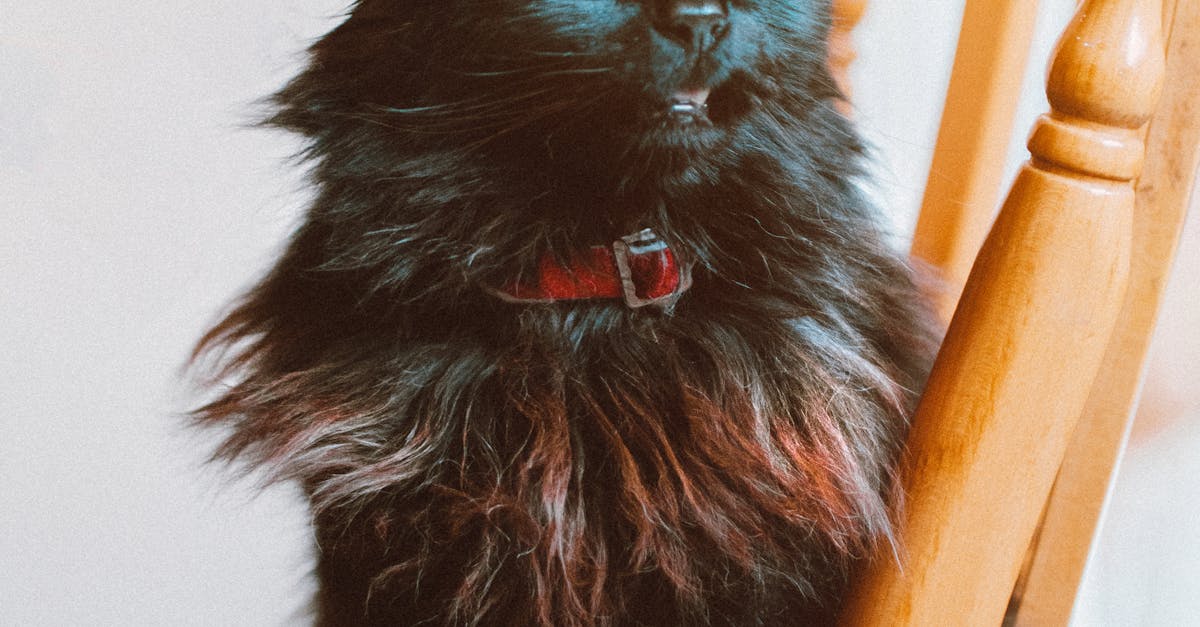Ever found yourself enjoying a Costa Coffee muffin while your curious cat watches you with those big, pleading eyes? It’s tempting to share a bite of your treat, but is it safe? While cats may seem interested in our food, not all human snacks are suitable for their sensitive systems. Let’s dive into whether cats can eat Costa Coffee muffins, the risks of sweet pastries, and how to keep your feline safe and healthy.
🧁 Can Cats Eat Costa Coffee Muffins?
The short answer is no — cats should not eat Costa Coffee muffins, or any sweet pastries for that matter. While it might seem harmless to offer your cat a tiny nibble, these muffins contain ingredients that can be harmful to cats, even in small amounts.
Cats are obligate carnivores, meaning their bodies are designed to thrive on meat-based diets. They don’t have the digestive enzymes needed to process many of the sugars, fats, and other components found in baked goods. Even though a muffin might smell enticing to your cat, their bodies are not equipped to handle the ingredients safely.
🍫 Harmful Ingredients in Muffins
Costa Coffee muffins and similar pastries often contain ingredients that are dangerous for cats. Here’s a closer look at what makes these treats risky:
- Chocolate – Some muffins contain chocolate chips or cocoa powder, both of which are highly toxic to cats. Chocolate contains theobromine and caffeine, which can lead to vomiting, diarrhea, tremors, or even seizures in cats.
- Raisins – If the muffin has raisins, it’s an absolute no-go. Raisins are toxic to cats and can cause kidney failure, even in small amounts.
- High Sugar Content – Muffins are loaded with sugar, which can upset your cat’s stomach and contribute to obesity, diabetes, or dental problems over time.
- Butter and Oils – High-fat content in muffins can lead to pancreatitis in cats, a painful and potentially life-threatening condition.
- Artificial Sweeteners – Some baked goods use xylitol as a sugar substitute, which is extremely toxic to pets and can cause a dangerous drop in blood sugar.
Even if a muffin doesn’t contain chocolate, raisins, or xylitol, the combination of sugar, fats, and processed ingredients makes it unsuitable for your cat.
🐈 Why Cats Are Drawn to Muffins
It’s common for cats to show interest in baked goods, even though these treats aren’t part of their natural diet. Muffins often have a sweet aroma and a soft texture that cats find intriguing. Additionally, cats may be curious about what their human is eating, which is why they may beg for a taste.
However, this curiosity doesn’t mean muffins are good for them. Cats lack taste receptors for sweetness, so their interest is likely driven by the smell or texture rather than the flavor itself. As a pet owner, it’s important to resist the urge to share foods that could harm your feline friend.
🤢 Symptoms of Pastry Toxicity in Cats
If your cat accidentally eats a piece of muffin, keep an eye out for symptoms of toxicity or an upset stomach. Common signs to watch for include:
- Vomiting
- Diarrhea
- Lethargy
- Loss of appetite
- Tremors or seizures (in severe cases)
- Excessive drooling
- Abdominal pain or discomfort
If your cat shows any of these symptoms, especially after consuming chocolate, raisins, or xylitol, contact your veterinarian immediately.
😺 Safe Treat Alternatives for Cats
Instead of sharing your Costa Coffee muffin, offer your cat a healthy and safe alternative. Here are a few feline-friendly treat ideas:
- Cooked, unseasoned chicken or turkey
- Small pieces of plain, cooked fish
- Commercial cat treats designed for their dietary needs
- Catnip or cat grass for a fun, edible snack
These options are not only safe but also align with your cat’s natural dietary preferences. Always introduce new treats in moderation to ensure they don’t upset your cat’s stomach.
👩⚕️ What to Do If Your Cat Eats a Muffin
If your cat manages to sneak a bite of your muffin, don’t panic. Take these steps to ensure their safety:
- Identify the ingredients – Check whether the muffin contains chocolate, raisins, xylitol, or any other toxic ingredients.
- Monitor your cat – Watch for symptoms like vomiting, diarrhea, or lethargy. Symptoms may appear within a few hours of ingestion.
- Contact your vet – If you suspect your cat has eaten something toxic, call your veterinarian immediately for advice. Provide details about what and how much they consumed.
- Prevent future incidents – Keep baked goods and other harmful foods out of your cat’s reach to avoid accidental ingestion.
Quick action can make all the difference in preventing serious health issues. If in doubt, always consult a vet for guidance.
FAQs
Q: Can cats eat plain muffins?
A: Even plain muffins are not recommended for cats due to their high sugar and fat content, which can upset your cat’s digestive system.
Q: What happens if my cat eats chocolate?
A: Chocolate is toxic to cats and can cause symptoms like vomiting, diarrhea, tremors, or seizures. Contact your vet immediately if your cat eats chocolate.
Q: Are there any human foods safe for cats?
A: Yes, small amounts of plain, cooked chicken, turkey, or fish can be safe for cats. Avoid seasoning or additives, and always check with your vet first.
Q: How can I stop my cat from begging for my food?
A: Offer your cat their own meal or treat during your mealtime and train them with positive reinforcement to stay off counters or tables.
References
Book a $49 online vet consultation at https://www.dialavet.com for fast, expert advice.








